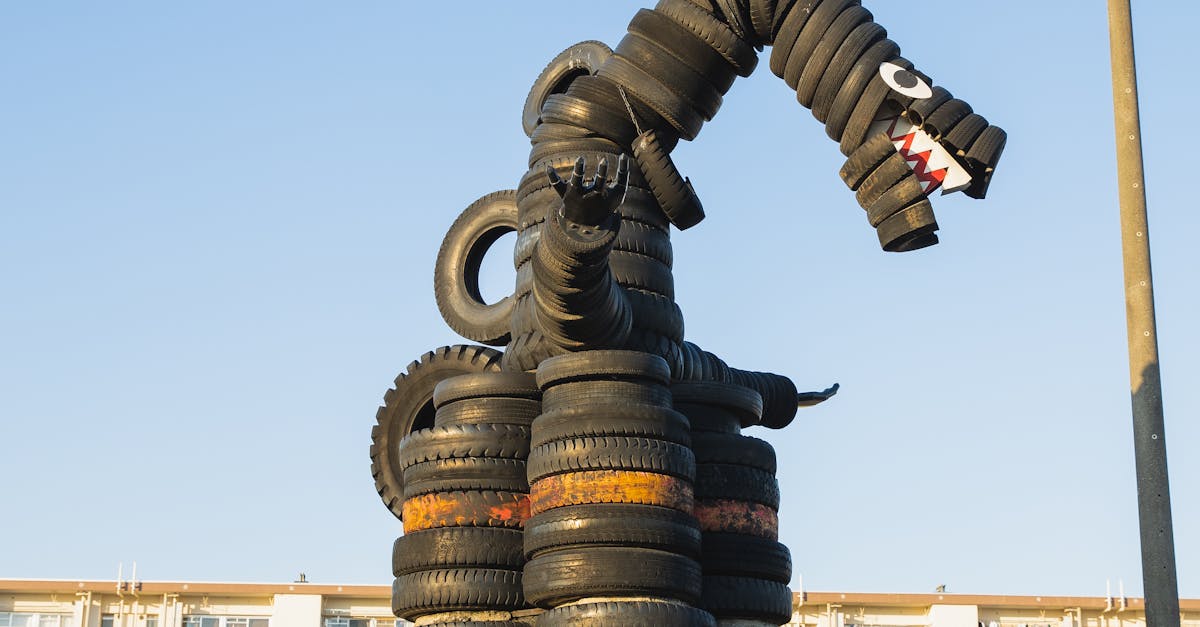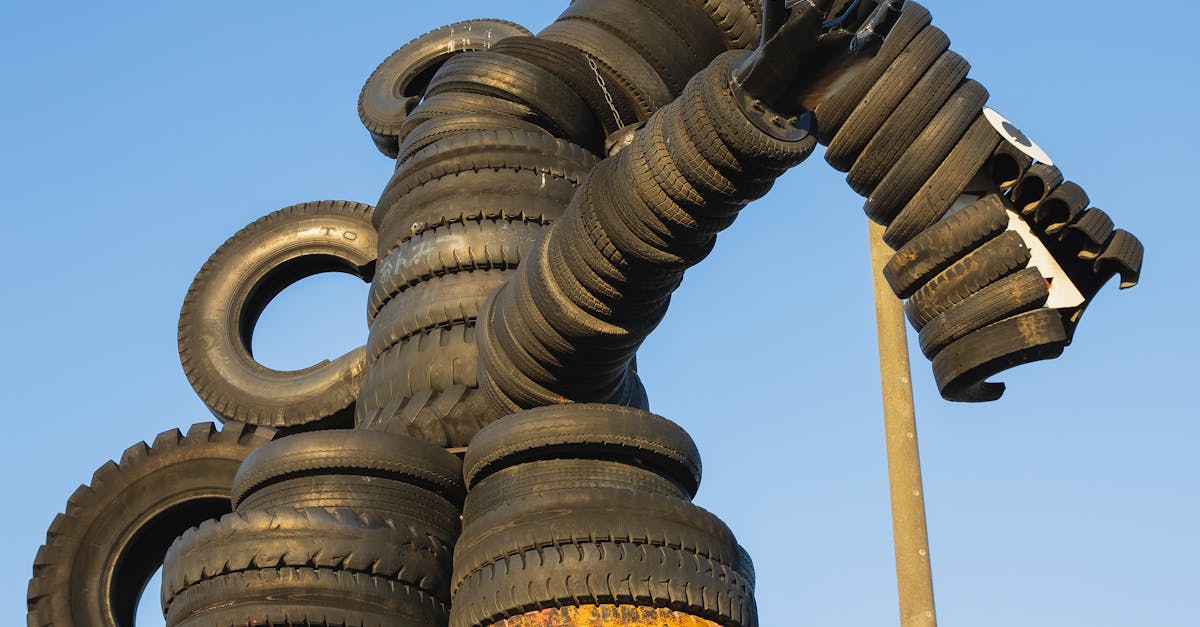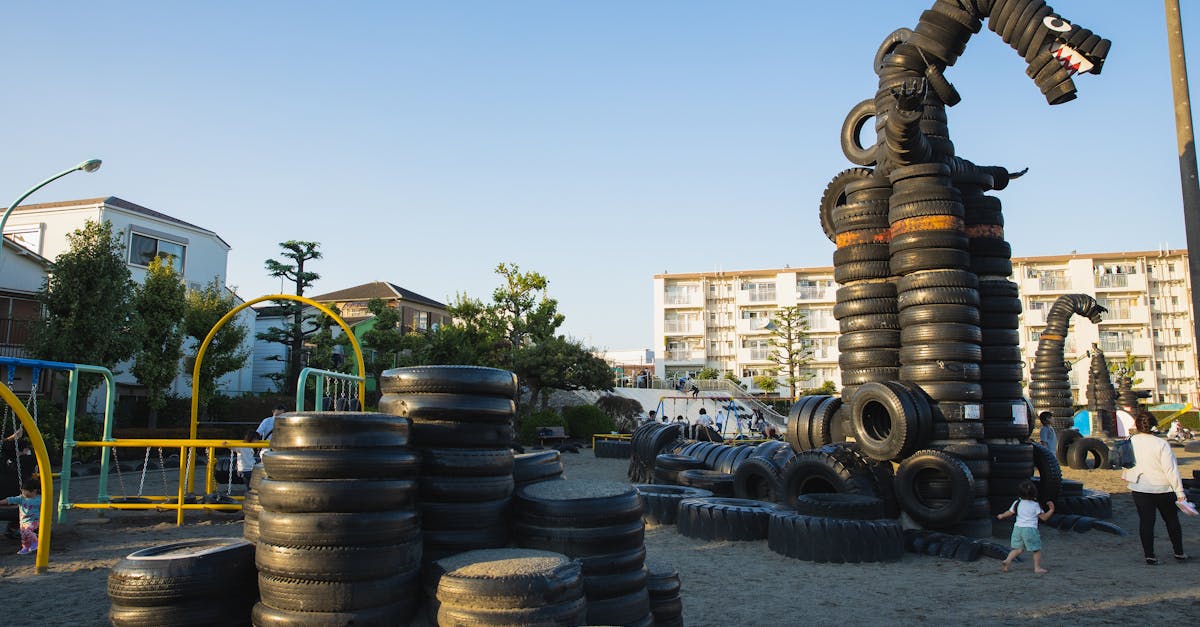
Table Of Contents
Mulching organic waste
Mulching organic waste is an economical and eco-friendly way to dispose of yard waste. By breaking down organic material into mulch, you not only cut down on waste sent to landfills but also create a nutrient-rich product that can benefit your garden. Yard Waste Removal becomes more sustainable with mulching, as the mulch can help improve soil quality, retain moisture, suppress weeds, and regulate soil temperature.
To start mulching organic waste, gather green and brown materials such as grass clippings, leaves, twigs, and small branches. Shred or cut these materials into smaller pieces to accelerate the decomposition process. Layer the green and brown materials in a compost bin or directly onto garden beds to create a balanced mix that will decompose effectively. Remember to turn the pile occasionally to aerate it and facilitate decomposition. Yard Waste Removal through mulching not only reduces environmental impact but also provides a natural way to enrich your garden soil.
Spreading mulch over garden beds
Spreading mulch over garden beds is a simple yet effective way to repurpose organic waste while benefiting your plants. Instead of sending yard waste to the landfill, consider creating your own mulch at home. Shredded leaves, grass clippings, and small branches can all be layered over your garden beds to help retain moisture, suppress weeds, and improve soil health.
Yard Waste Removal becomes a sustainable practice when you actively engage in mulching. The organic material decomposes over time, adding essential nutrients back into the soil. By embracing this eco-friendly approach, you not only reduce the amount of waste in landfills but also foster a healthier environment for your plants to thrive in.
Using organic waste for animal feed
Using organic waste for animal feed is a sustainable way to repurpose materials that would otherwise end up in the landfill. Yard Waste Removal can be transformed into nutritious feed for animals such as pigs, chickens, and cattle. By properly preparing the organic waste, you can provide a healthy and cost-effective alternative to commercial feeds for your livestock.
To safely prepare organic waste for animals, it is crucial to separate any potentially harmful materials such as plastics or toxic substances. Composting yard waste like grass clippings, leaves, and vegetable peels can enrich the feed with vitamins and minerals. By incorporating these organic materials into animal diets, not only are you reducing waste but also promoting a more natural and environmentally friendly approach to feeding livestock.
Safely preparing organic waste for animals
Safely preparing organic waste for animals is crucial to ensure their health and well-being. Before offering organic waste such as fruit and vegetable scraps to animals, it is essential to inspect the items to ensure they are free from mold, toxins, or any other harmful substances. Additionally, yard waste removal should be done regularly to prevent accumulation of spoiled or contaminated organic materials that could pose a risk to animals.
Moreover, when collecting organic waste for animal feed, it is important to store the materials in a secure container to avoid contamination from pests or exposure to harmful chemicals. Keeping the organic waste in a designated area away from other potentially hazardous substances can help maintain its quality and safety for animals' consumption. By following these simple steps for safely preparing organic waste for animals, you can contribute to the well-being of your animals and promote a sustainable approach to yard waste removal.
Biogas production from organic waste
One innovative and eco-friendly method of dealing with organic waste is biogas production. This process involves collecting methane gas from decomposing organic matter such as food scraps, yard waste, and manure. The collected gas can then be used as a renewable energy source for cooking, heating, or even generating electricity.
Yard waste removal can be a crucial element in biogas production from organic waste. By properly collecting and segregating yard waste along with other organic materials, such as kitchen scraps, it is possible to create a sustainable source of biogas. This not only helps in reducing the amount of waste that ends up in landfills but also contributes to the production of clean energy.
Collecting methane gas from decomposing waste
Collecting methane gas from decomposing waste is a sustainable method to repurpose organic material while simultaneously harnessing energy. One common practice involves utilizing a biogas digester to capture methane gas released during the decomposition process. This gas can be used as a renewable energy source for cooking, heating, or even electricity generation. Yard waste removal services often incorporate this eco-friendly technique to reduce greenhouse gas emissions and lessen the burden on landfills.
By effectively collecting methane gas from decomposing waste, not only can we mitigate environmental impact, but we can also capitalize on a valuable energy resource. The process involves carefully managing the decomposition of organic material to optimize methane production. Properly monitored conditions within a biogas digester can facilitate the breakdown of waste into methane gas, allowing for its collection and subsequent utilization. Yard waste removal agencies are increasingly recognizing the practicality and environmental benefits of incorporating methane gas extraction into their waste management strategies.
FAQS
What is mulching and how can it help in disposing of organic waste?
Mulching is a process of covering the soil with a layer of organic material like leaves or grass clippings. It helps in disposing of organic waste by providing nutrients to the soil as it decomposes.
Can organic waste be used as animal feed?
Yes, organic waste can be used as animal feed, but it needs to be safely prepared to ensure it is suitable and nutritious for the animals.
How can biogas be produced from organic waste?
Biogas can be produced from organic waste through a process called anaerobic digestion, where microorganisms break down the waste in the absence of oxygen to produce methane gas.
Is it possible to collect methane gas from decomposing organic waste?
Yes, methane gas can be collected from decomposing organic waste by capturing the gas as it is released during the decomposition process. This gas can then be used as a renewable energy source.
What are some benefits of spreading mulch over garden beds as a method of disposing of organic waste?
Spreading mulch over garden beds helps in retaining soil moisture, suppressing weed growth, and improving soil fertility by slowly releasing nutrients as the mulch decomposes.



